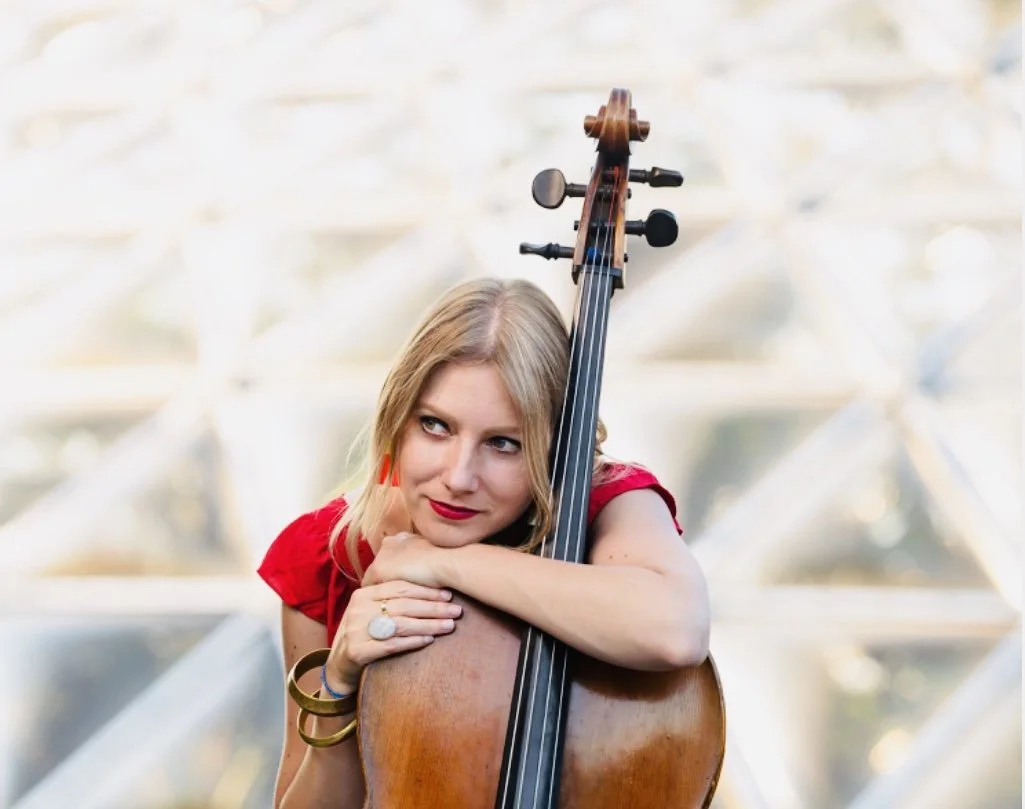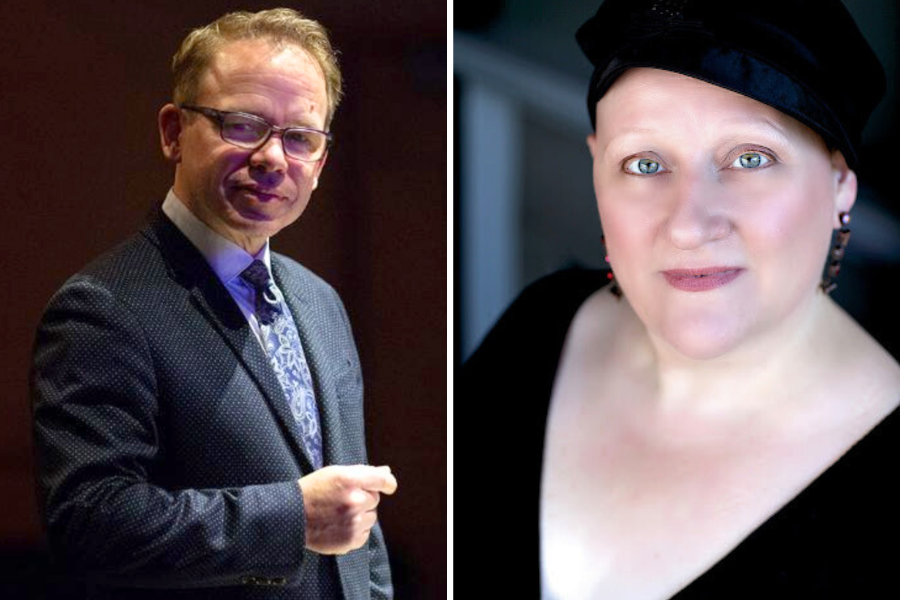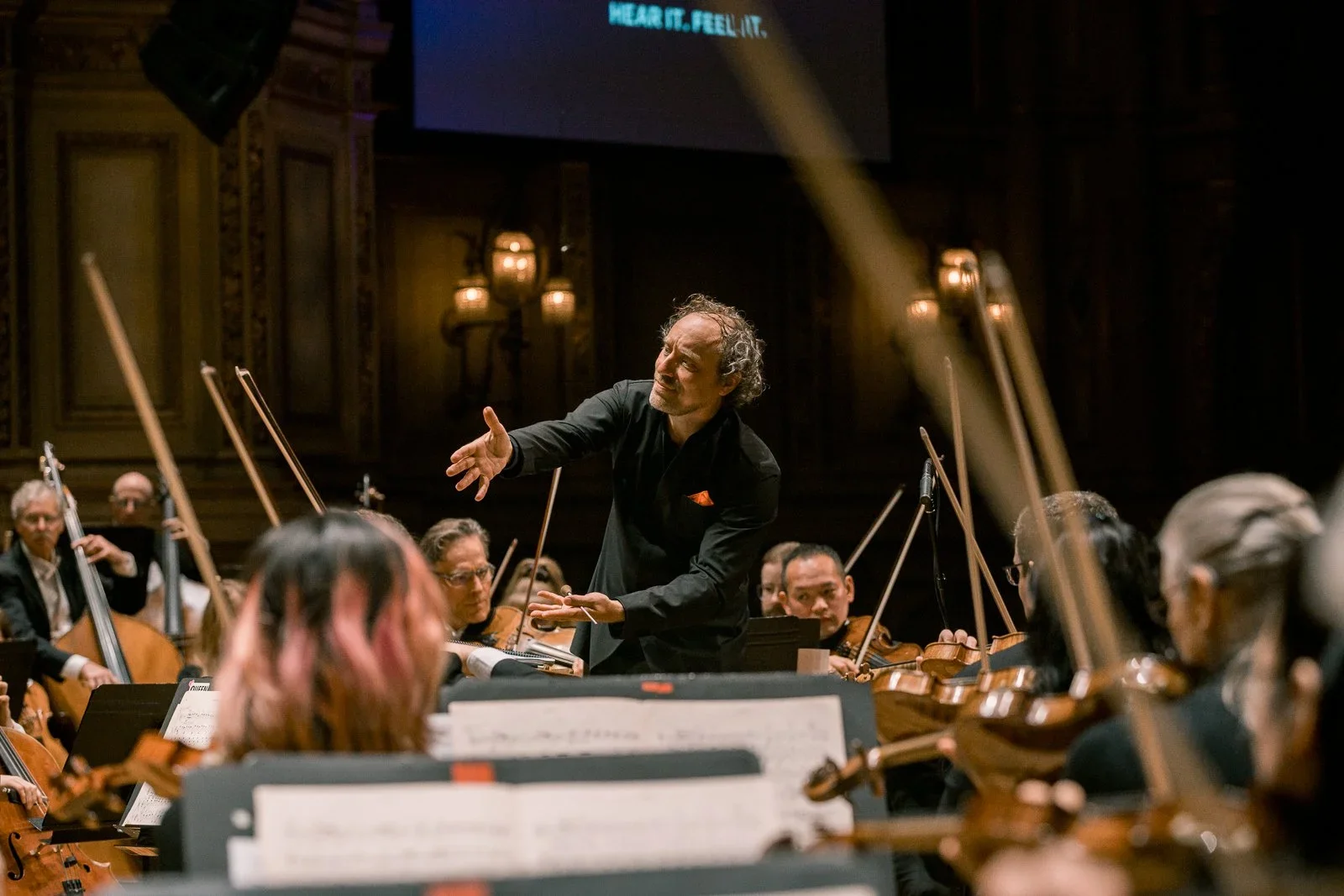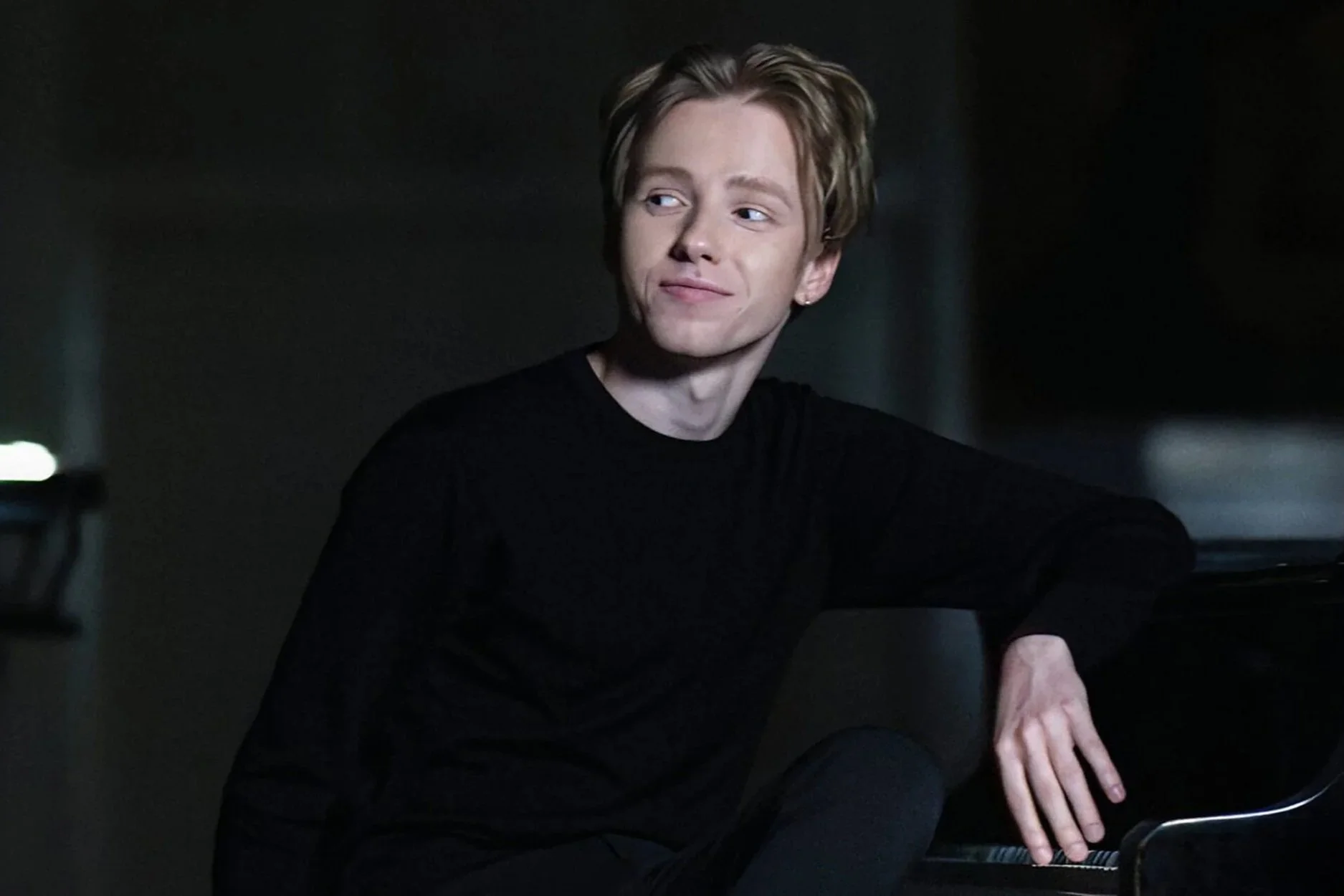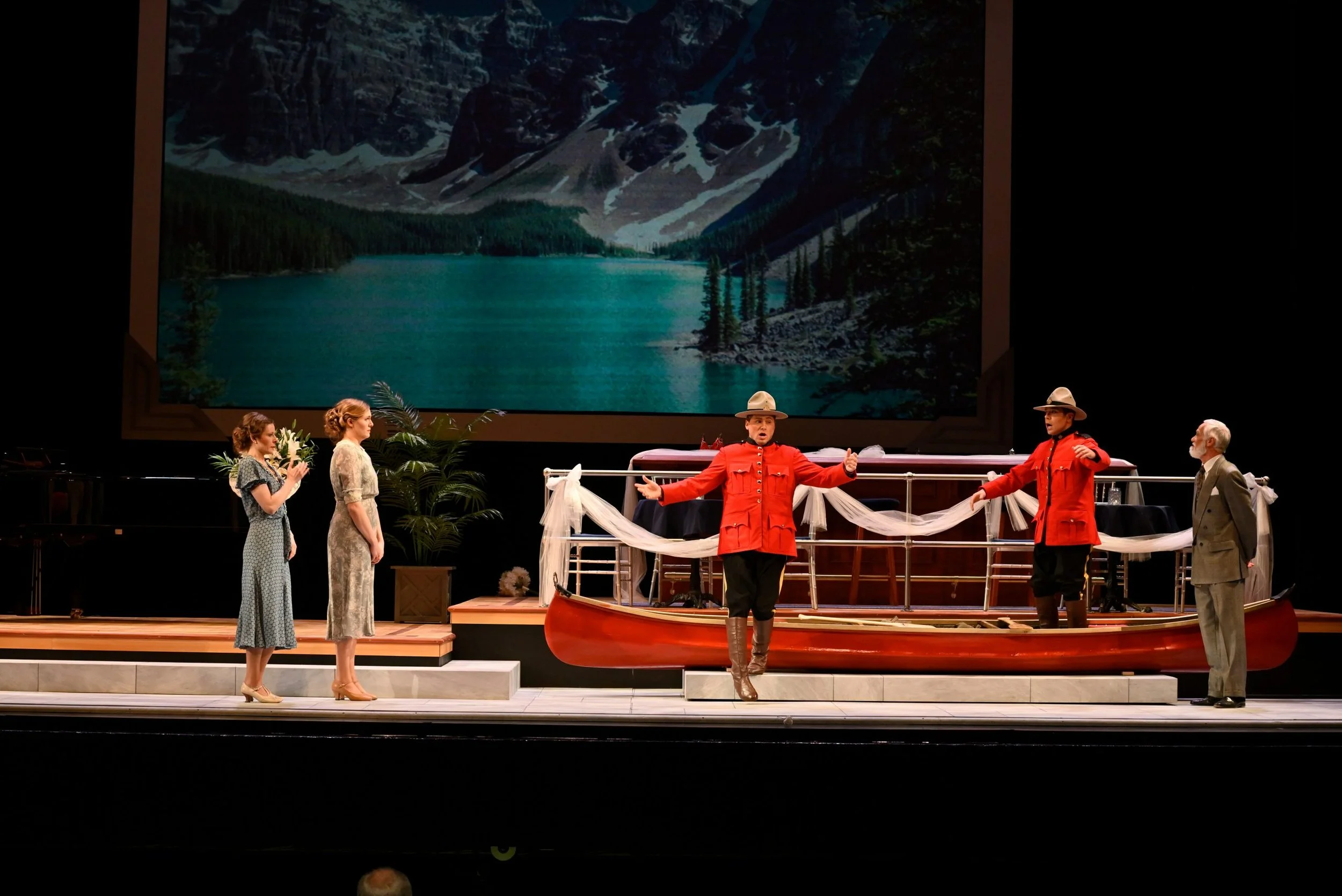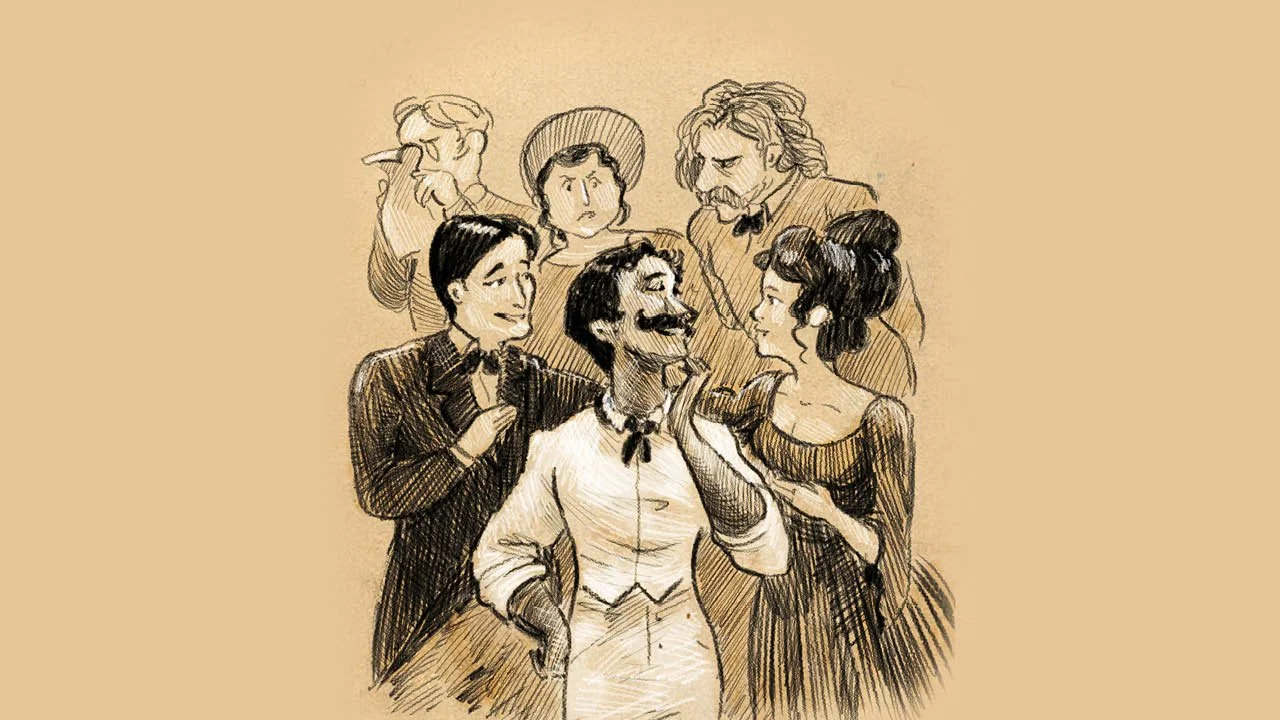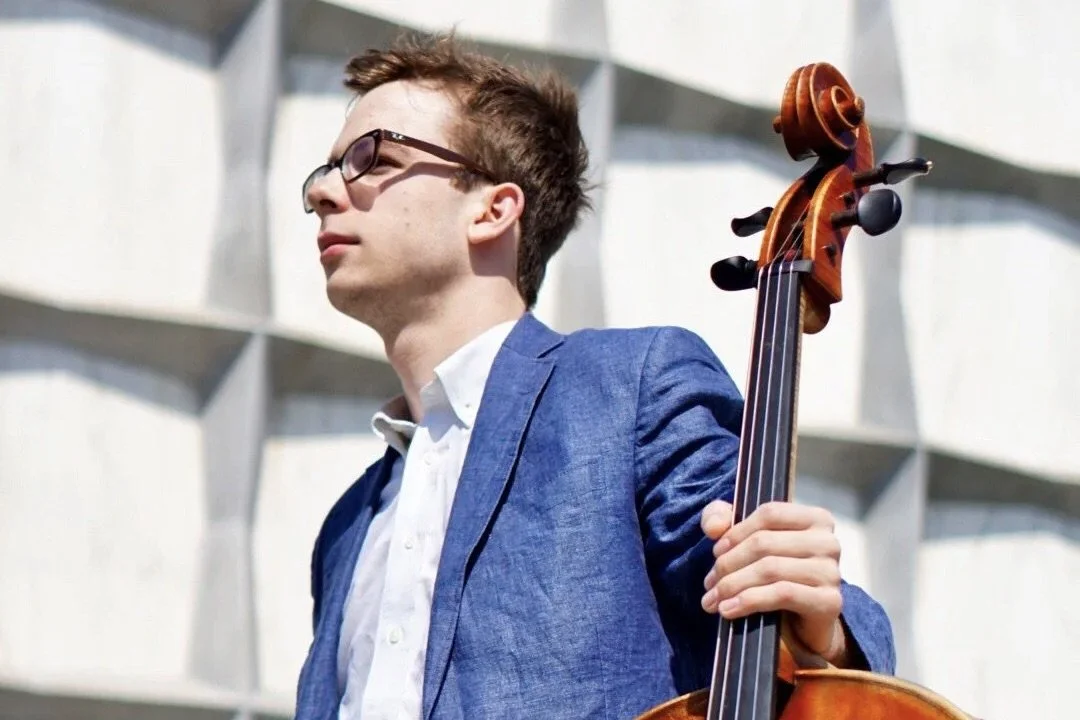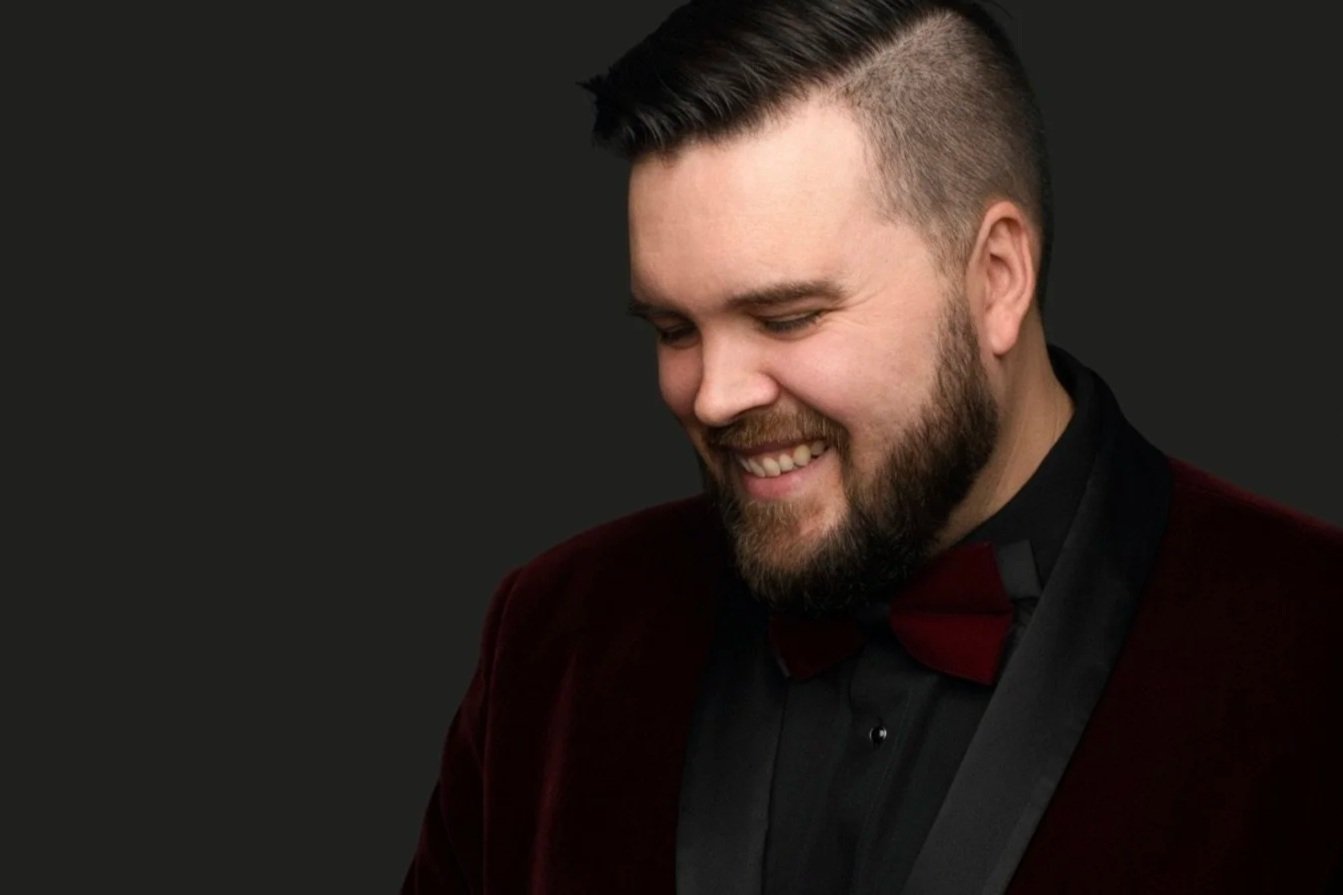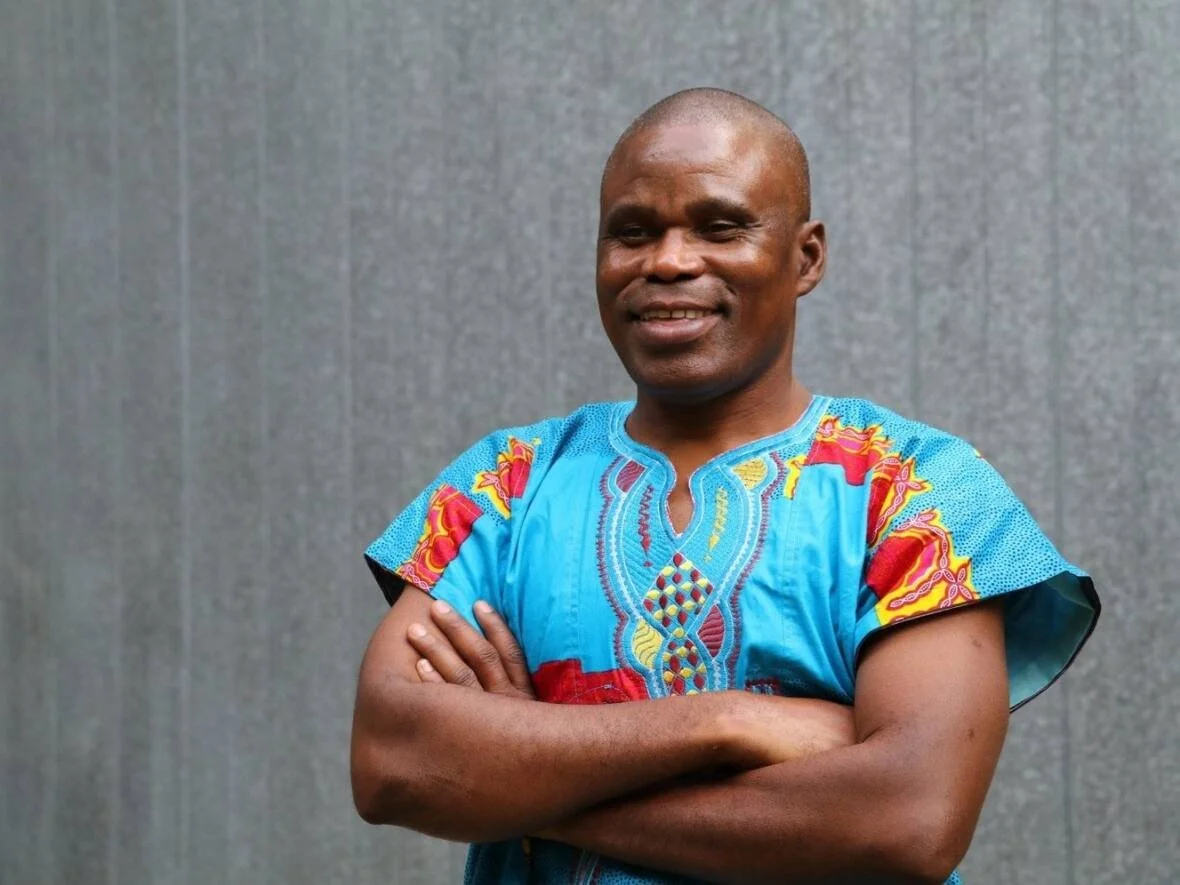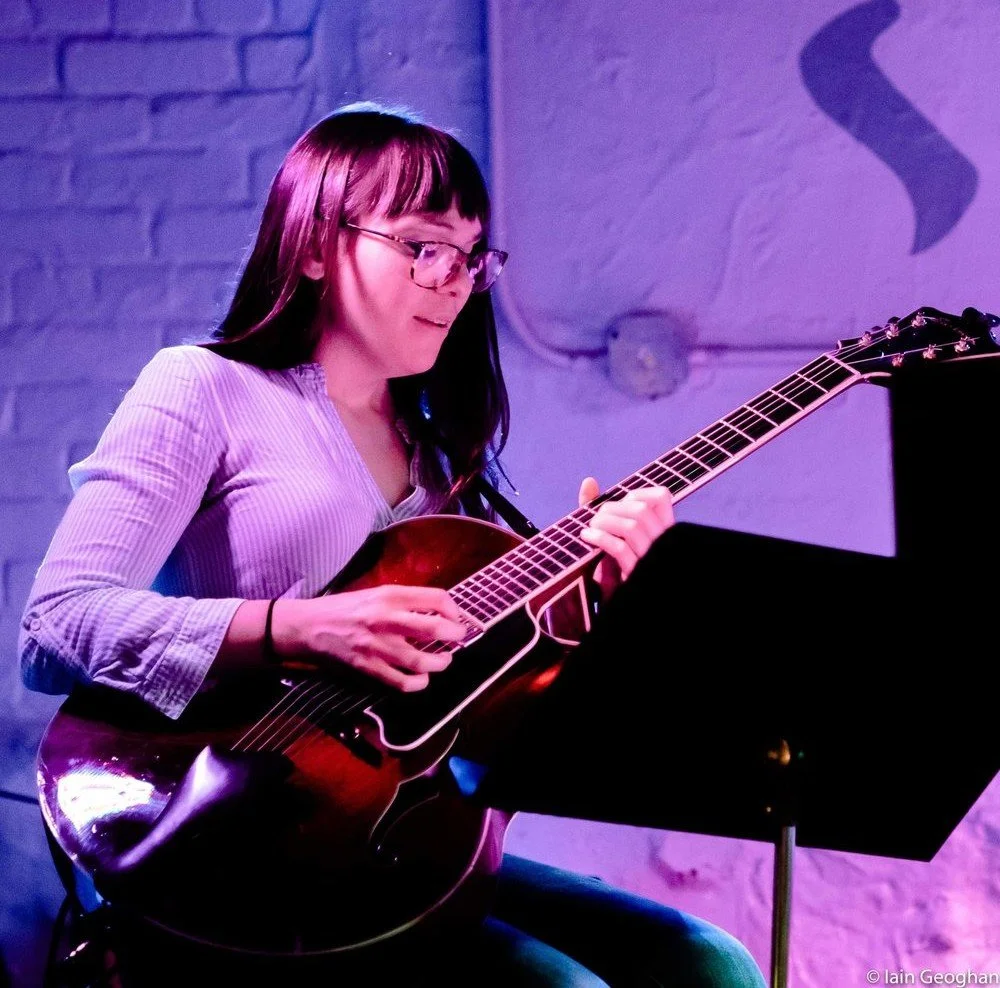Marina Hasselberg's cello music takes on new dimensions at Mother Cloud Spatial Sound Festival
Ruby Singh’s Vox Infold choir will also play in concerts that conjure 4-D, omnidirectional sound environments
Marina Hasselberg. Photo by Diane Smithers
Lobe Studio presents the Mother Cloud Spatial Sound Festival at Performance Works from February 21 to 25. Marina Hasselberg plays February 23 at 8:30 pm
WITH ONE TOUCH of her bow, a lone musician sent the sound of her cello swirling around the room, arcing behind her seat and over her head. The walls appeared to dissolve; suddenly the tiny East Vancouver studio was the size of a cathedral, then a stadium. Disembodied melodies grew out of the floor and coursed through her feet; many cellos materialized, some close at hand and others very distant.
Was this a dream?
It seemed to be. But for Marina Hasselberg, it was reality—or at least augmented reality. Invited to play a solo show at one of Vancouver’s ultra-underground performance spaces, the adventurous cellist soon discovered that she’d embarked on a creative voyage like none she’d ever imagined, thanks to the inhabitants of Lobe Studio.
“They invited me to play at their actual home a few months ago,” the Portuguese-Canadian musician explains in a telephone interview from her own East Van home. “I had never heard of the place, and I couldn’t believe that it existed in Vancouver. It’s this super-cool studio on the East Side, not too far from the Heatley. You don’t see it when you pass down the street; it’s very on the inside—and then you get in and there’s this room, a very cute and not very big room, and they have it set up in such a way that the sound… Well, when I played there I had sound coming from the floor, literally from the floor, and from the ceiling.
“I think they have 39 speakers in that room, and it’s only the size of a good living room. It’s not much bigger than that,” she continues. “The floor is made of wood, and it has transducers kind of glued to it from the bottom, so you actually feel the floor vibrating. And they don’t usually set up chairs for the audience, so people sit or stand on the ground to feel the music as well as hear it. So it was honestly a magical experience; I had never experienced that, not even as an audience member. It was so beautiful, and very exciting.”
Vancouver rents being what they are, Lobe is necessarily a multipurpose space, hosting yoga classes and arts workshops as well as the occasional invitation-only concert. But sonic research is its primary function; in-house audio guru Alex Penney is especially fascinated with the 4DSOUND technology pioneered by a Dutch company that, according to its website, “combines custom hardware and software, rendering omnidirectional sound environments that push the boundaries of spatial sound as a creative medium”.
After just a pair of sessions with the technology, Hasselberg is a believer.
“Playing with a looper and the cello, I can separate the two sound sources, send them to different places, and control them separately,” she says. “But also we can move the sound vertically or horizontally or in a circle, change how big the circle is or how loud the sound particles are, change the shape of everything and how fast they move around the room… Let’s say that the room is 30 metres wide. They can set it up so that it seems that the sound is going from 30 metres away to 40, 50… Physically, it’s not; there’s a wall right there. But the effect that’s created is like that. If you close your eyes, depending on how they set it up, you might have the experience of being in a very wide space. So there are unlimited possibilities, I would say. It’s incredible what they can do.”
The cellist and her friends at Lobe are so excited by their collaboration that they’ve decided it’s too good to keep to a small circle of friends, and so they’re about to unleash their 4D experiments on the general public. Hasselberg will play a “solo” set as part of the studio’s Mother Cloud Spatial Sound Festival, which takes place at Performance Works from February 21 to 25. She’ll be one of 13 audio artists featured, with another likely highlight being the return of Ruby Singh’s Vox Infold choir, with visual treatments by the ever-astonishing Chimerik collective.
Some aspects of Hasselberg’s performance have already been decided: in an attempt to recreate the intimacy of the Lobe space, she’ll play in the middle of the room, with listeners invited to circulate at will to get the full effect of Penney’s spatial processing. The cellist also notes that she’s working on a new set of compositions that will be more in the ambient vein than the works on her recent solo LP, Red, which is powerful but also sometimes jarring or atonal.
“Calmer and mellower” works are well suited to immersive spatialization, Hasselberg points out. “I guess this new music can be associated more with breathing, waves, and little sounds,” she adds. “More of a relaxing vibe. More meditative.” As ever, though, improvisation will play a key role in what she plays and how she works with her new sonic possibilities.
“It’s all very fluid!” Hasselberg allows. “So when I perform, I have compositions to mine but I also improvise a lot; I can change them in a moment if I’m playing on my own. So Alex will definitely be reacting to what I do, and I’ll be reacting to what he does. I don’t know Alex very well, but he’s been fantastic to work with. He’s a super-cool guy and he knows exactly what he’s doing! So I really trust him.”
And trust, after all, is a very good thing. When the floors are rumbling and the walls fall away, it’s good to know someone’s got your back.


